Back in my hometown Ramallah, my mother receives the butter directly from the farmer. This is the butter she uses to make her samneh (samneh baladiyeh). The women from the local hometown farm deliver the butter at my mother’s doorstep in spring. So spring is the time when Palestinians make their samneh and store for the entire year.
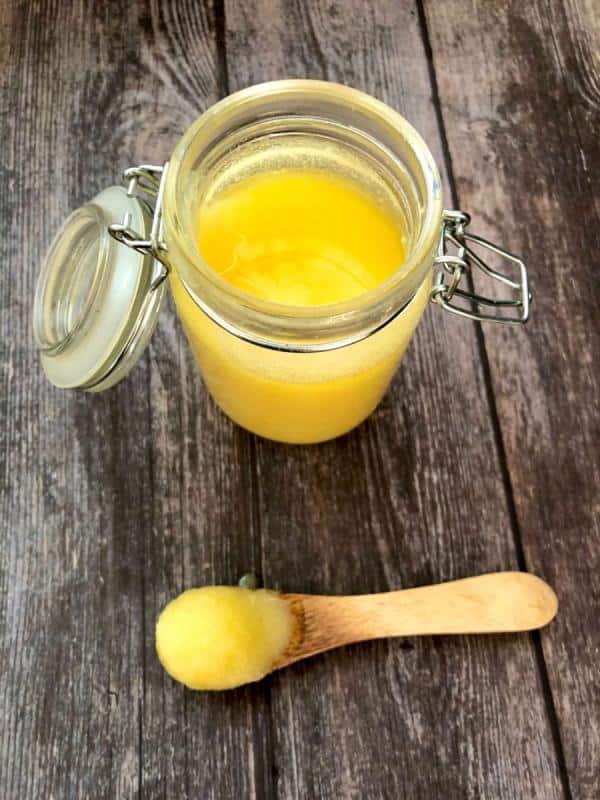
Why in spring? Because that’s when grass peaks and goats are eating more fresh grass. This butter looks pure, with a creamy white color, has a tangy taste, we loved to eat it fresh and just simply spread on a piece of bread and sprinkle some sugar. Oh my, I miss the taste of this butter.
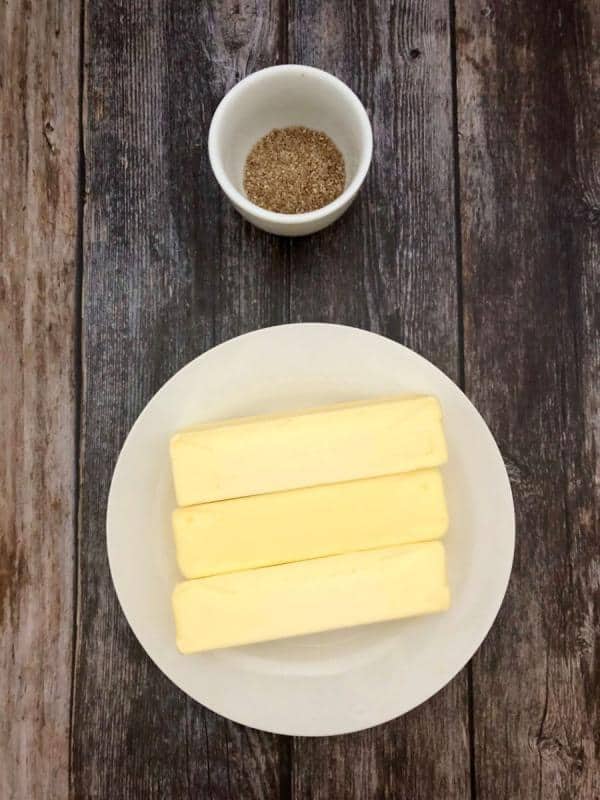
Decades ago, samneh as we call it in Arabic which means clarified butter or more common ghee, was an essential item within the Palestinian pantry, it was and still used in numerous dishes including some of the most popular Palestinian desserts such as kunafeh or cookies like mamoul and ka’ek El Eid (holiday cookies).
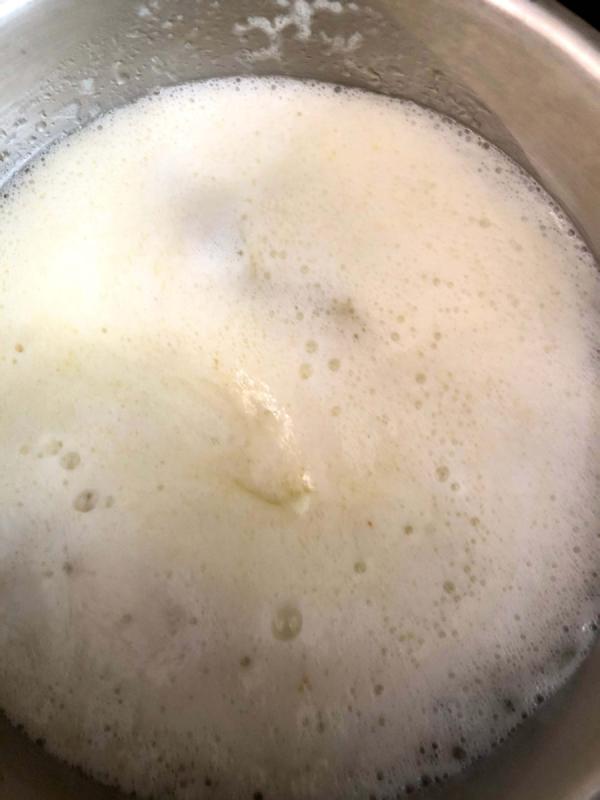
Why? Because the taste of samneh adds a distinctive nutty flavor to any simple dish. It has a unique smell and a strong aroma that turns a simple fried egg dish into something more delicious!
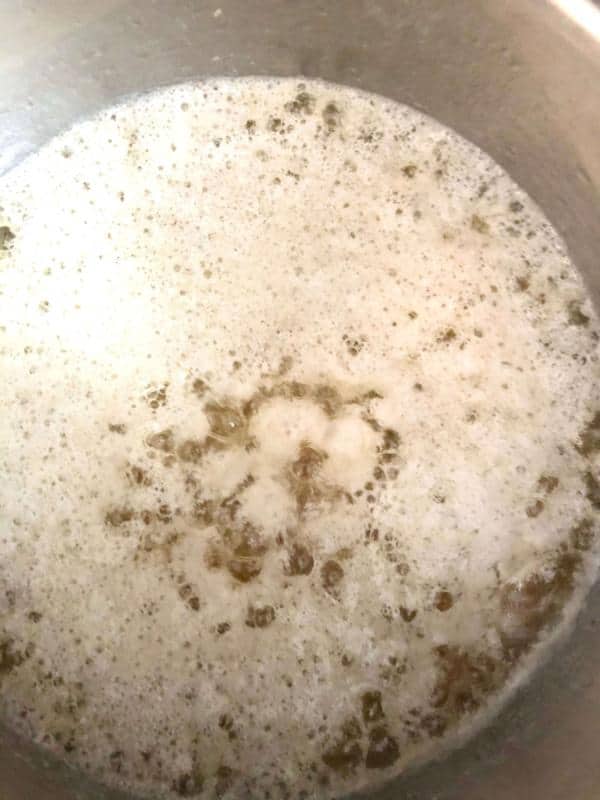
Then years ago samneh started getting a bad reputation due to all the studies back then claiming that it is a number one killer for the heart and it increases cholesterol levels, so people worry for their health and stopped consuming it, replacing it with an alternative called margarine, which the later appeared to be highly processed, has zero health benefits and bad for human consumption.
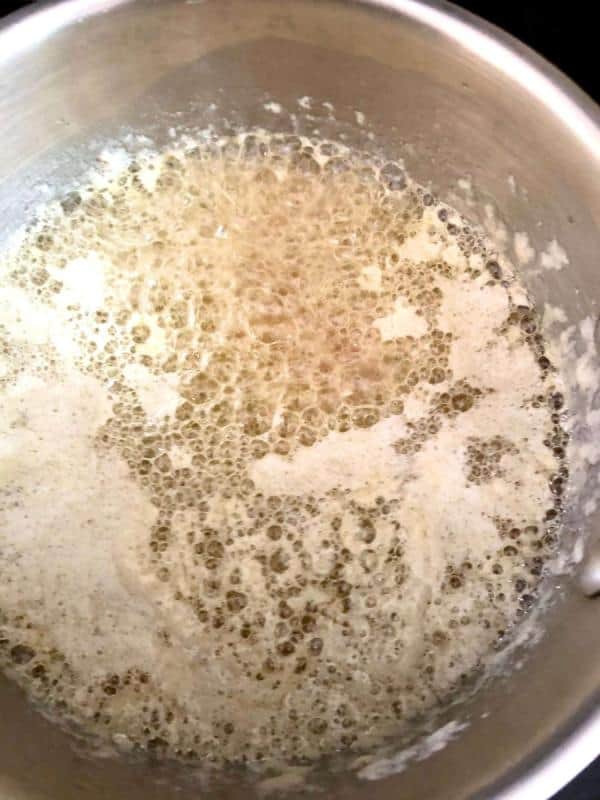
However, nowadays recent studies are back showing that samneh is much better for ones’ health when compared to margarine or vegetable oil.
Perhaps this should teach us a lesson that our ancestors know it all, right from the get-go, so we need to trust their methods of healthy eating.
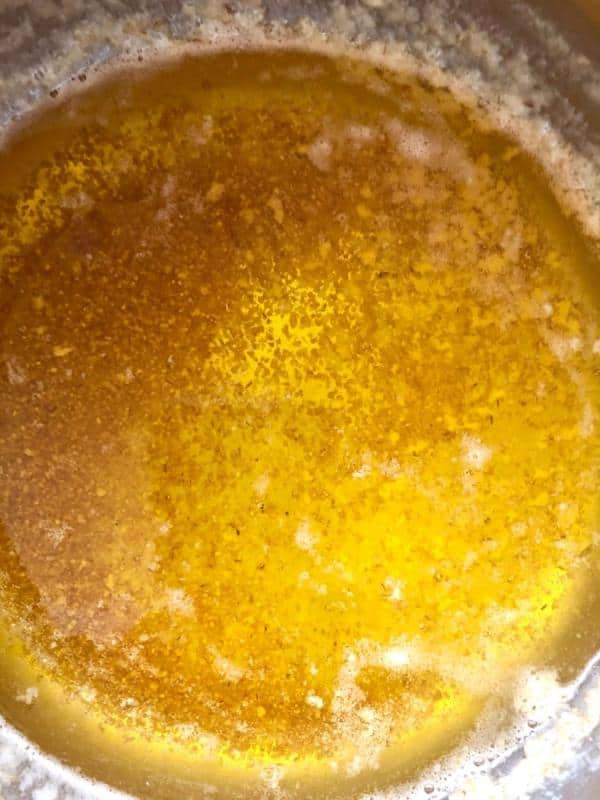
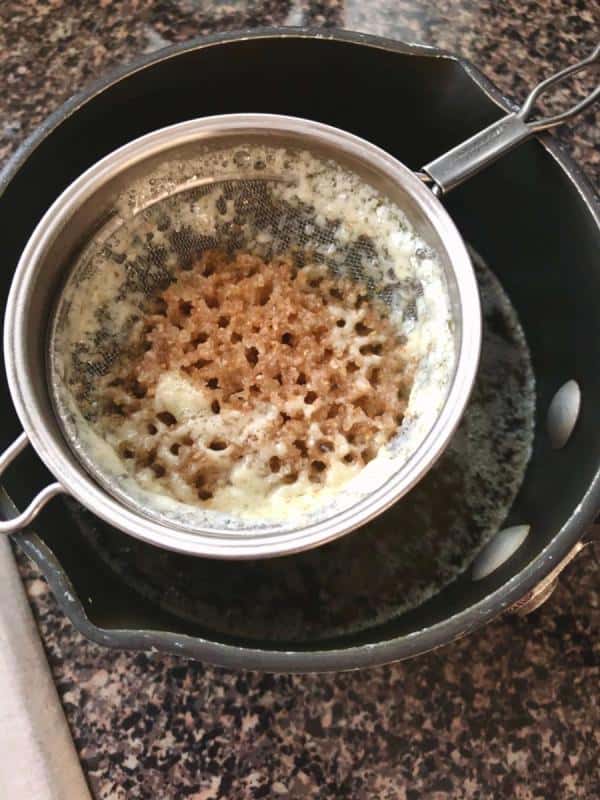
So what is butter versus samneh?
Butter is made with goat or cow milk so it contains some milk. And when butter transformed into samneh through a very simple process, we are just taking out the milk from the butter and transitioning it to pure fat. Fat can be a scary word for some, but this is the good fat that we use in our cooking versus other oils that are highly processed and which can be bad to your health and your guts.
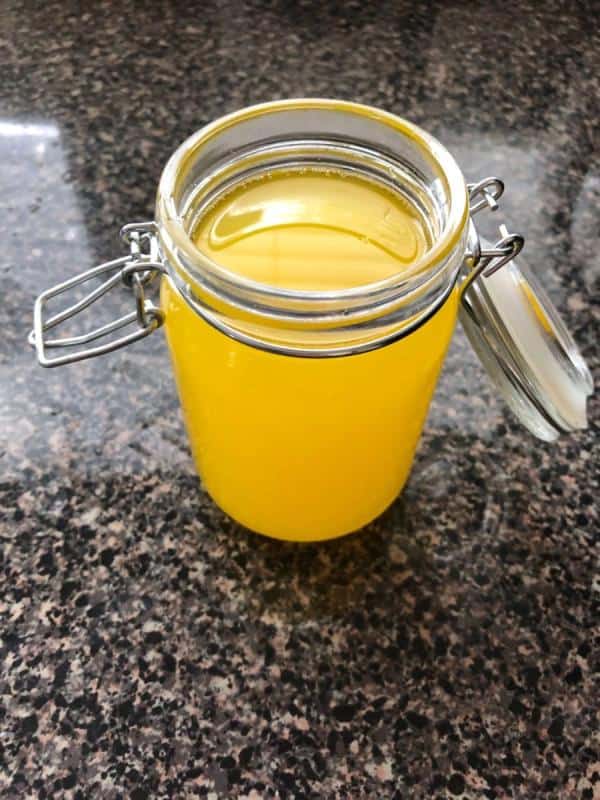
Samneh (ghee) has less lactose than butter which makes it more tolerant for those with lactose digestive issues.
Nowadays samneh is getting more popular, it's also common in other cultures in addition to middle eastern cooking. Asians and Indians as they also call it ghee, use it often in their cooking.
You can find ghee at any of your local grocery stores. However, I prefer to make my own, I’ve tried different brands and nothing is to my satisfaction, the taste nor smell are like the real deal, and perhaps even with the one I make, it may not smell like the samneh baladiyeh that my mother makes back in Ramallah, where the butter is served fresh from the farm. However, it is still much better than anything I can buy from the market.
So here is how to make samneh.
You can use salted and unsalted butter, I used both and it works fine. However, using good quality butter can make a difference in how the samneh turns out. The purpose of adding bulgur is to help in absorbing the milk.
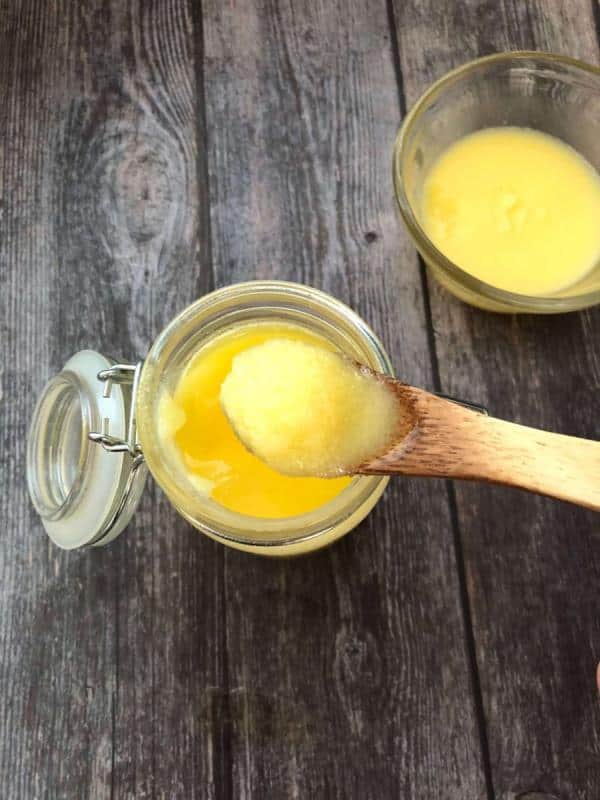

Clarified Butter - Ghee (samneh) سمنة
Description
- Place the butter in a small saucepan over medium heat. Then add bulgur, which will help in absorbing the milk.
- After the butter melts, it will start to bubble and separate, lower the heat to medium-low and let it cook for about 12-14 minutes.
- You will know it’s all done when it’ll turn more clear and the popping stops.
- Let it cool off then pour butter through a fine strainer into a small glass jar straining out all bulgur.
- Store at room temperature or in the fridge which can last for months.
Ingredients
- 3 sticks unsalted butter
- 1 tablespoon of fine bulg
Instructions
- Place the butter in a small saucepan over medium heat. Then add bulgur, which will help in absorbing the milk.
- After the butter melts, it will start to bubble and separate, lower the heat to medium-low and let it cook for about 12-14 minutes.
- You will know it’s all done when it’ll turn more clear and the popping stops.
- Let it cool off then pour butter through a fine strainer into a small glass jar straining out all bulgur.
- Store at room temperature or in the fridge which can last for months.

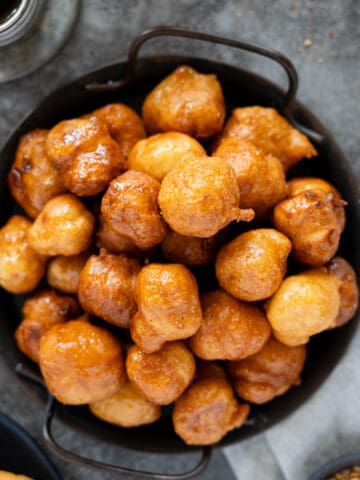
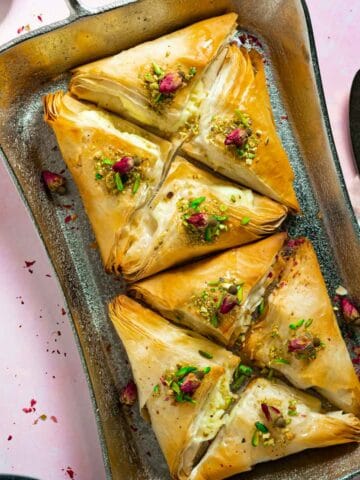
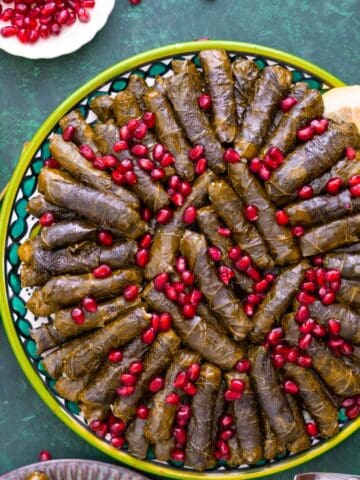
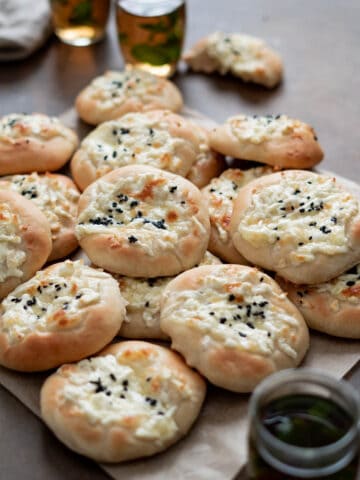
steve Z says
came out tasting great.
Wafa Shami says
That's awesome.
Manal KQ says
If I have the ‘hawaji’ for the samneh when would I add that?
Wafa Shami says
Hi Manal, can you please explain more what you mean by "hawaji" Thanks.